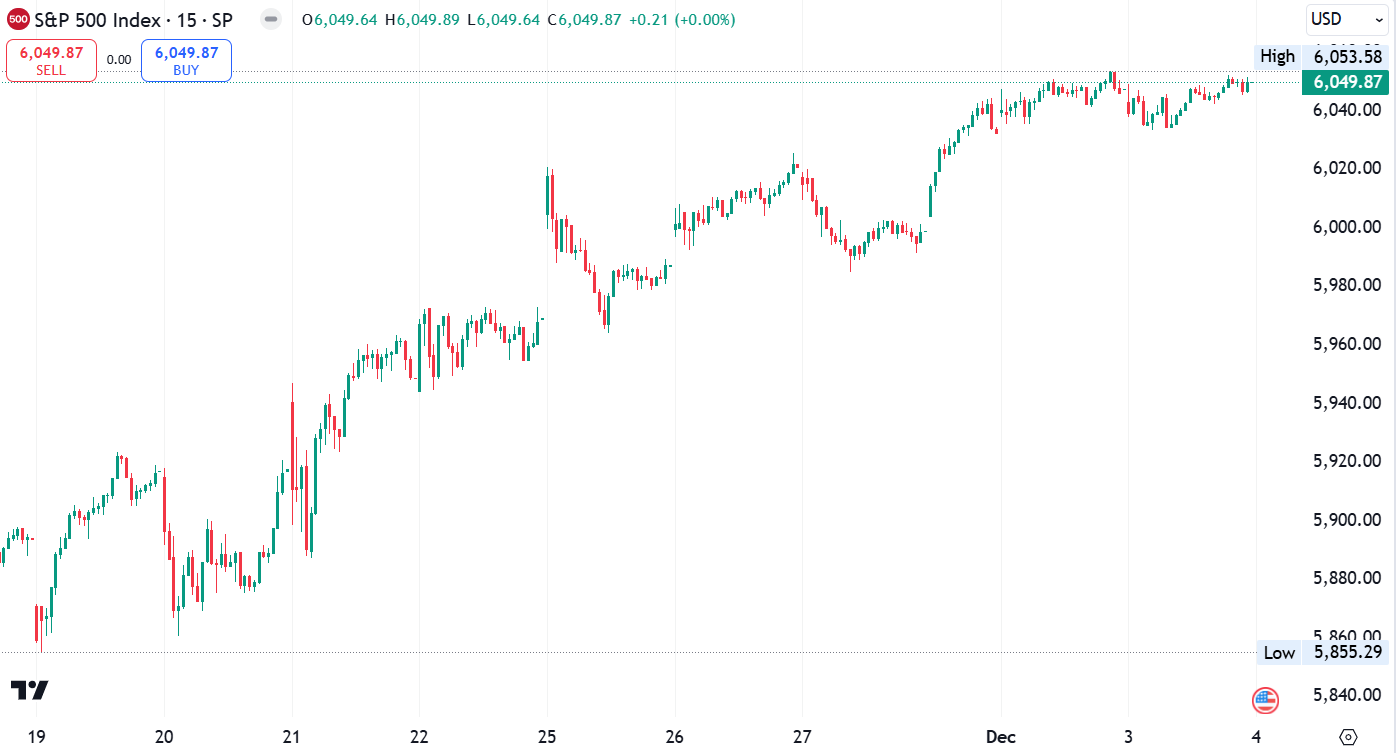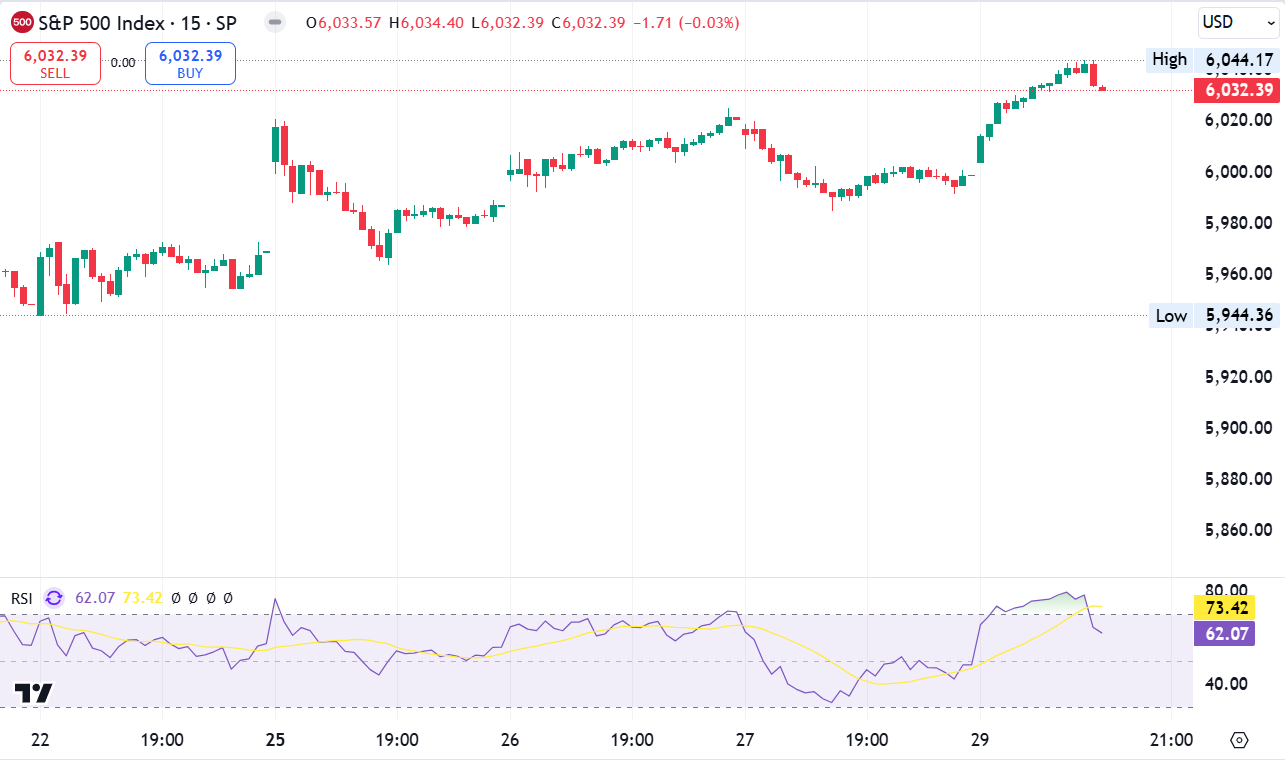
GBP/USD Falls 0.31%, Below Pivot Point
GBP/USD Falls 0.31%, Below Pivot Point
GBP/USD has decreased by 0.31%, trading at 1.2645, below the day’s pivot point. UK shop inflation shows a downward trend, with the BRC Shop Price index at a 2.5% increase year-on-year in February. Despite encouraging signs, inflation remains double the Bank of England’s 2% target.The GBP/USD pair has notably decreased by 0.31% to trade at 1.2645, signalling bearish momentum as it dips below the day’s pivot point of 1.26612. The formation of resistance levels at 1.26992, 1.27279, and 1.27586 poses potential barriers to upward movements. On the flip side, support levels at 1.26255, 1.25898, and 1.25536 are critical in preventing further declines. The alignment of the 50-day and 200-day Exponential Moving Averages at 1.26501 and 1.26437, respectively, hints at a possible shift in market dynamics, underlining the precarious position of the GBP/USD pair amidst fluctuating market trends.
UK Shop Inflation Dips to 2.5%: A 9-Month Low
In a surprising turn, UK shop inflation has captured the spotlight with its downward trajectory, offering a glimmer of hope in the inflation saga. The British Retail Consortium (BRC) Shop Price Index reported a year-on-year increase of 2.5% in February, marking a decrease from January’s 2.9%. This continued decline, the ninth consecutive monthly drop, reaches its lowest level since March 2022, illustrating a gradual easing of price pressures. Furthermore, a sharp decline in food inflation from 6.1% to 5.1% in January reinforces the trend, contributing to a cautiously optimistic outlook on the UK’s inflation landscape.
CPI Holds at 4%, Challenges Persist
Despite these positive signs, the fight against inflation is far from over. The January Consumer Price Index (CPI) held steady at 4%. This is slightly below the anticipated 4.1%. Yet, it remains stubbornly double the Bank of England’s target rate of 2%. The drop in food and energy prices, along with moderating wage growth, signals a shift towards stabilization. However, persistent inflation underscores the ongoing challenge. This challenge is facing the Bank of England in its efforts to rein in price increases. As inflation continues to exceed target levels, the central bank’s monetary policy decisions are under intense scrutiny. These decisions have implications for currency valuations and economic stability.
The GBP/USD pair’s current trajectory and the UK’s inflation dynamics present a complex picture. This picture is for investors and policymakers alike. While there are positive indicators of easing inflation, the broader battle against price increases continues. It requires careful navigation through economic policies and market responses.
The post GBP/USD Falls 0.31%, Below Pivot Point appeared first on FinanceBrokerage.



